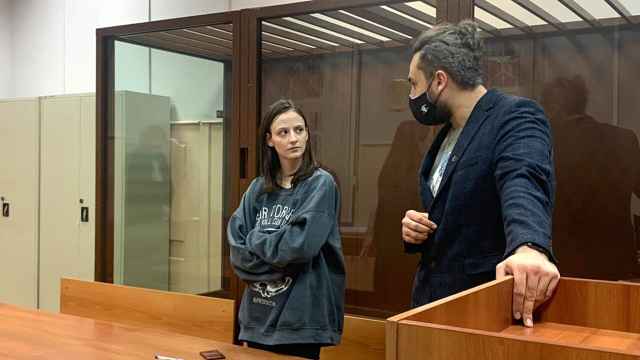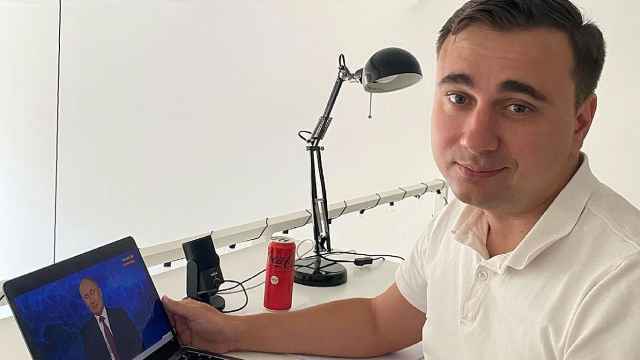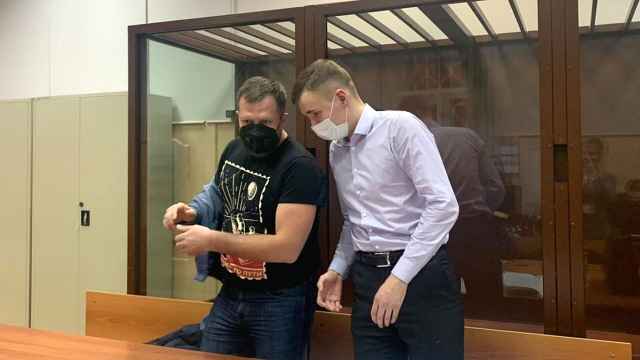Jailed Kremlin critic Alexei Navalny ended his three-week hunger strike Friday, saying it had resulted in “huge progress” and thanking his supporters.
In a post on Instagram, Navalny said he was following the advice of his supporters and doctors, who had warned he could die “at any minute,” if he continued to refuse meals in the prison colony where is serving a two and a half year sentence on charges he calls politically motivated.
“Two months ago, people were laughing at my requests for medical help. I was given no medicine. A month ago, I was laughed in the face for asking things like ‘what is my diagnosis?’ and ‘can I see my own medical records?’”
“But now I have been examined twice by a team of civilian doctors … Their words that 'very soon there will be no one to treat' … deserve attention. Taking into account all the circumstances, I am getting out of the hunger strike” Navalny wrote.
Thousands of Russians took to the streets Wednesday to protest his imprisonment and demand he be given access to his doctors, which prison authorities had repeatedly refused.
Navalny’s health has seriously deteriorated in jail and he has lost more than 15 kilograms since his arrest. He went on hunger strike to demand proper medical care for a range of ailments. Navalny had also claimed prison officers were torturing him by waking him up every hour in the night — a procedure conducted because the opposition politician had been labelled a flight risk.
Navalny said he was still demanding access to his own doctor and warned of ongoing health concerns. “I am losing sensation in parts of my arms and legs, and I want to understand what it is and how to treat it,” he said.
The hunger strike lasted 24 days and Navalny said he had been advised it would take the same length of time to return to a normal eating regime. “They say that is even harder — so wish me luck.”
The Kremlin critic was poisoned on a flight last August and medivaced to Germany for treatment. He returned to Russia in January, where he was arrested on arrival for failing to show up for parole meetings under the terms of a suspended sentence for embezzlement charges that have been widely dismissed by human rights lawyers, Western governments and the European Court of Human Rights (ECHR) as unfair.
This story is being updated.
A Message from The Moscow Times:
Dear readers,
We are facing unprecedented challenges. Russia's Prosecutor General's Office has designated The Moscow Times as an "undesirable" organization, criminalizing our work and putting our staff at risk of prosecution. This follows our earlier unjust labeling as a "foreign agent."
These actions are direct attempts to silence independent journalism in Russia. The authorities claim our work "discredits the decisions of the Russian leadership." We see things differently: we strive to provide accurate, unbiased reporting on Russia.
We, the journalists of The Moscow Times, refuse to be silenced. But to continue our work, we need your help.
Your support, no matter how small, makes a world of difference. If you can, please support us monthly starting from just $2. It's quick to set up, and every contribution makes a significant impact.
By supporting The Moscow Times, you're defending open, independent journalism in the face of repression. Thank you for standing with us.
Remind me later.






